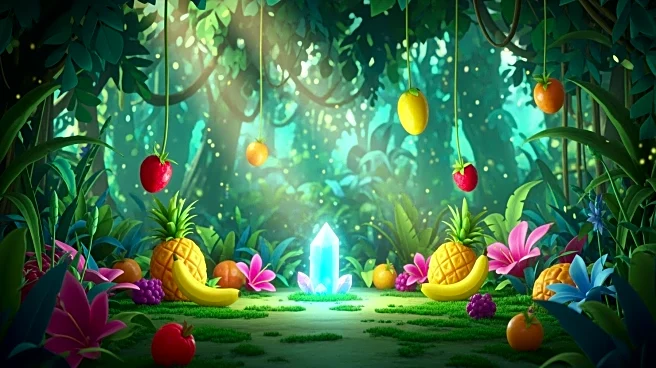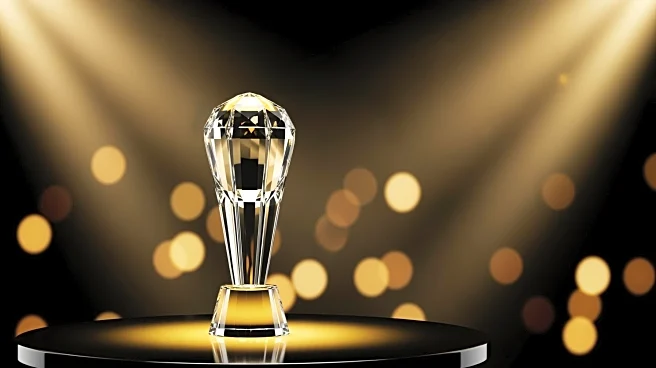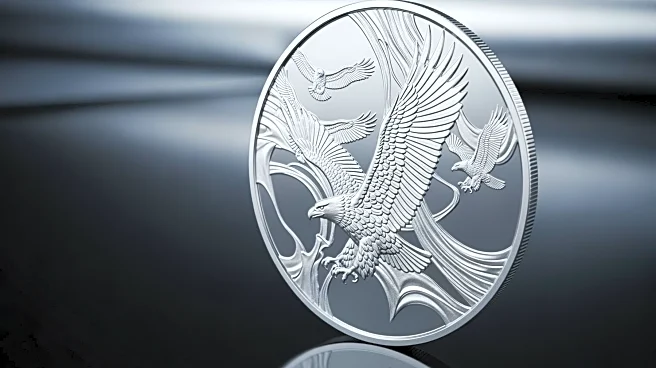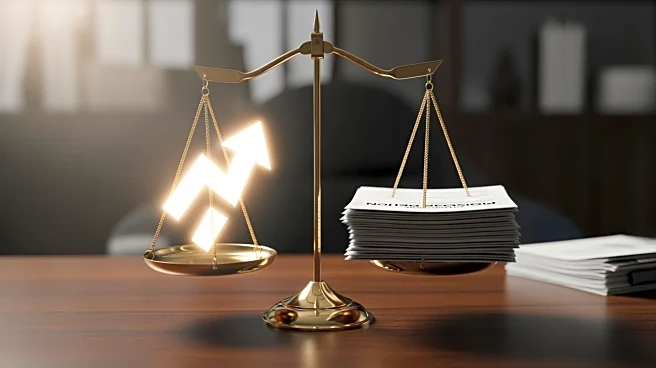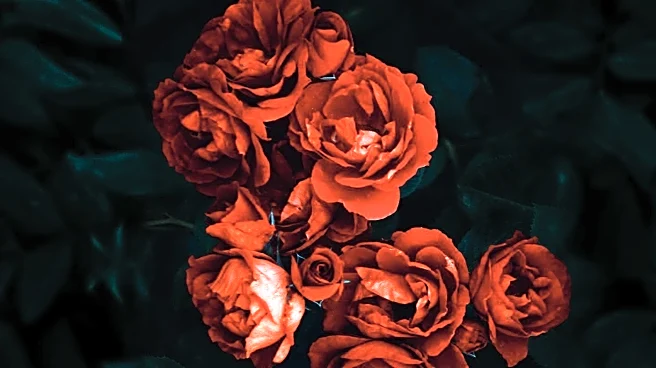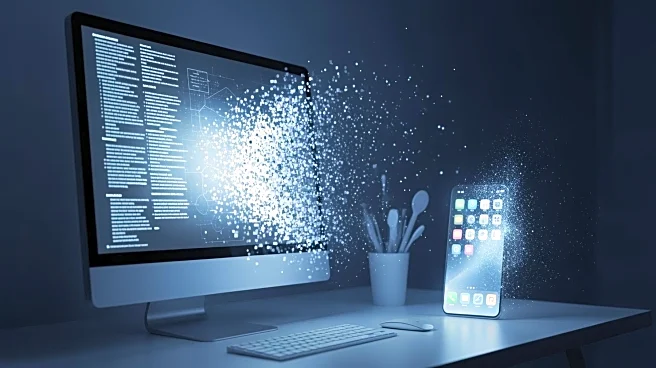What's Happening?
Netflix is set to adapt the popular 1990s video game Crash Bandicoot into an animated series. The original game, released in 1996, was developed by Naughty Dog and published by Sony Computer Entertainment for the PlayStation. It launched a franchise featuring
the titular anthropomorphic bandicoot in various adventures, with the latest installment being 2023's Crash Team Rumble. The new series will be produced by WildBrain Studios, known for its work on Sonic Prime, another video game-based series. While plot details and vocal casting remain undisclosed, the series is expected to feature familiar characters from the game, such as the main antagonist Doctor Neo Cortex.
Why It's Important?
The adaptation of Crash Bandicoot into a Netflix series highlights the ongoing trend of video games being transformed into television content, tapping into nostalgia and expanding the franchise's reach. This move could attract both longtime fans of the game and new audiences, potentially boosting Netflix's viewership and subscriber base. The series may also influence the gaming industry by increasing interest in the Crash Bandicoot franchise, leading to potential new game releases or merchandise. Additionally, it underscores the growing collaboration between gaming companies and streaming platforms, which could lead to more similar adaptations in the future.
What's Next?
As Netflix develops the Crash Bandicoot series, fans can anticipate announcements regarding the show's release date, plot details, and vocal casting. The involvement of WildBrain Studios suggests a high-quality production, given their successful track record with Sonic Prime. Stakeholders in the gaming and entertainment industries will likely monitor the series' reception, which could impact future collaborations between video game franchises and streaming services. The series' success may also prompt Netflix to explore other iconic video game adaptations, further diversifying its content offerings.
Beyond the Headlines
The adaptation of Crash Bandicoot into an animated series may have cultural implications, as it revives a beloved character from the 1990s, potentially influencing contemporary pop culture. It also raises questions about intellectual property rights and the balance between preserving original game elements and introducing new creative directions. The series could contribute to discussions on the representation of video game characters in media and the evolution of storytelling across different platforms.
